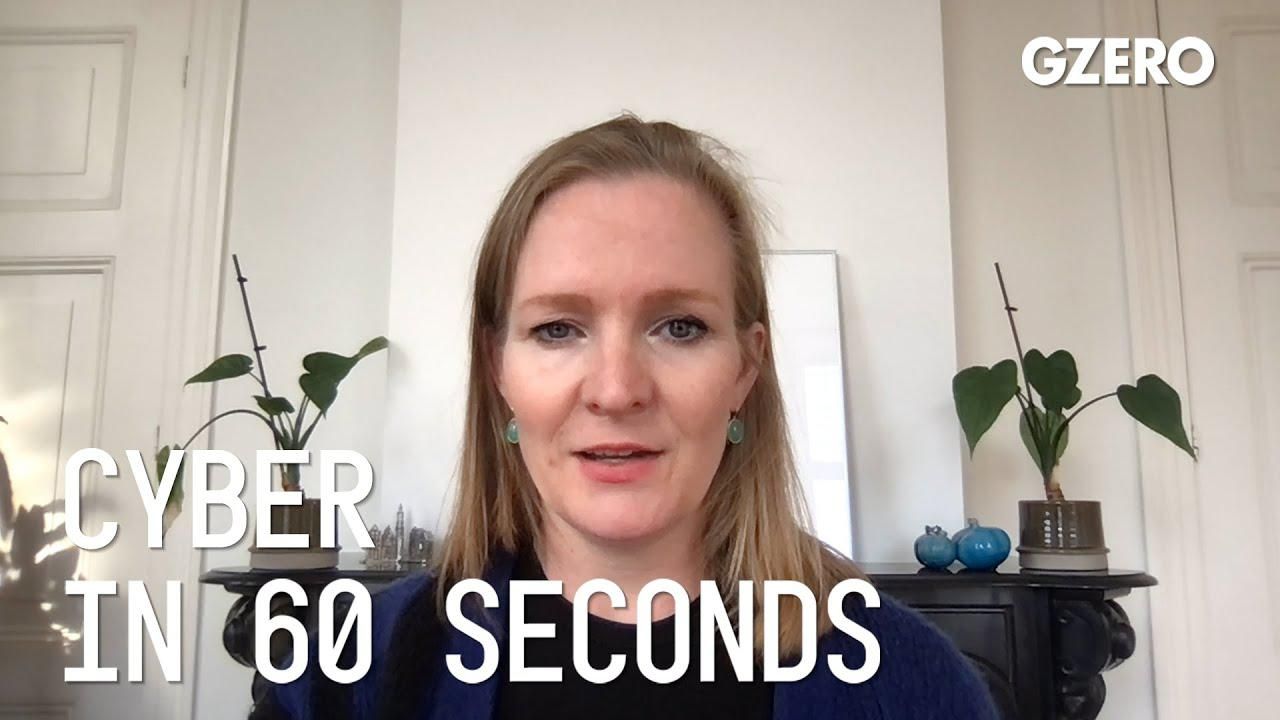Cyber in 60 Seconds
Meta's moves to malign TikTok reveal common dirty lobbying practices

Dirty Lobbying Practices by Tech Companies Pose Danger to Public | Cyber In :60 | GZERO Media

Marietje Schaake, International Policy Director at Stanford's Cyber Policy Center, Eurasia Group senior advisor and former MEP, discusses dirty lobbying practices by the biggest tech companies.
Meta reportedly hired a GOP firm to malign TikTok. How dangerous is this move to the public?
Well, I think it is important that we know these kinds of dirty lobbying practices that apparently looked attractive and acceptable to Meta or Facebook. It seems like a desperate effort to polish a tarnished image of the company and they must have thought that offense is the best defense. But generally, the public, the audience, readers of the news have no way of knowing which stories have been planted or that they are planted in media at all. And I think the fact that this is a common practice is revealing and cynical. But the problem is that for many of the biggest tech companies all kinds of lobbying, sponsoring, influencing has become accessible in ways that very few can compete with, they just have a lot of money to spend. I was surprised to hear, for example, that WhatsApp's lead, Will Cathcart, claimed this week that his company was not heard by European legislators when it came to the Digital Markets Act while a public consultation was held. And Meta, which owns WhatsApp, spent 5.5 million euros on lobbying in Brussels last year. So I'm pretty sure they did have an opportunity to engage.
Now on a different note after this week, you won't be hearing from me with Cyber in 60 for a while. I'm taking leave for personal reasons as well as to focus on writing on my book, about which I'm sure you'll hear later. But there are many other 60 Second videos on other themes that you might appreciate on GZERO Media. And I look forward to reconnecting in the future very soon.
How widely is AI actually being used, and where is adoption falling behind? Speaking at the 2026 World Economic Forum in Davos, Brad Smith, Vice Chair and President of Microsoft, outlined how AI adoption can be measured through what he calls a “diffusion index.”
AI adoption is accelerating worldwide, but “diffusion” isn’t just about who has the best models. It’s about who has the basics: affordable power, reliable connectivity, and the skills to actually use AI. In a new GZERO Media Global Stage livestream from the 2026 World Economic Forum in Davos, Switzerland, CNN’s Richard Quest moderates a clear-eyed discussion on what it will take to broaden AI access, and what happens if the gap widens.
Now that we are all on same page. #PUPPETREGIME